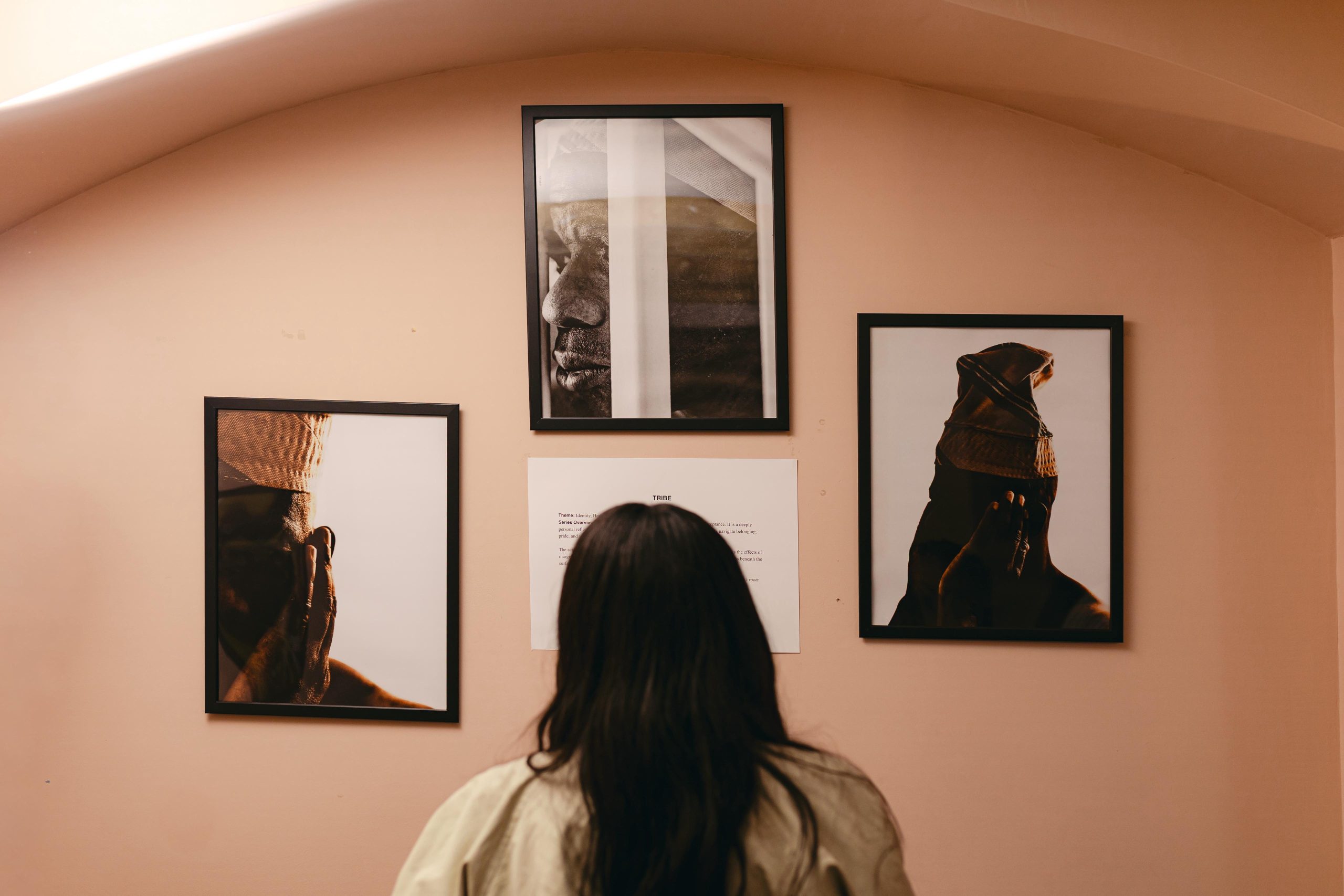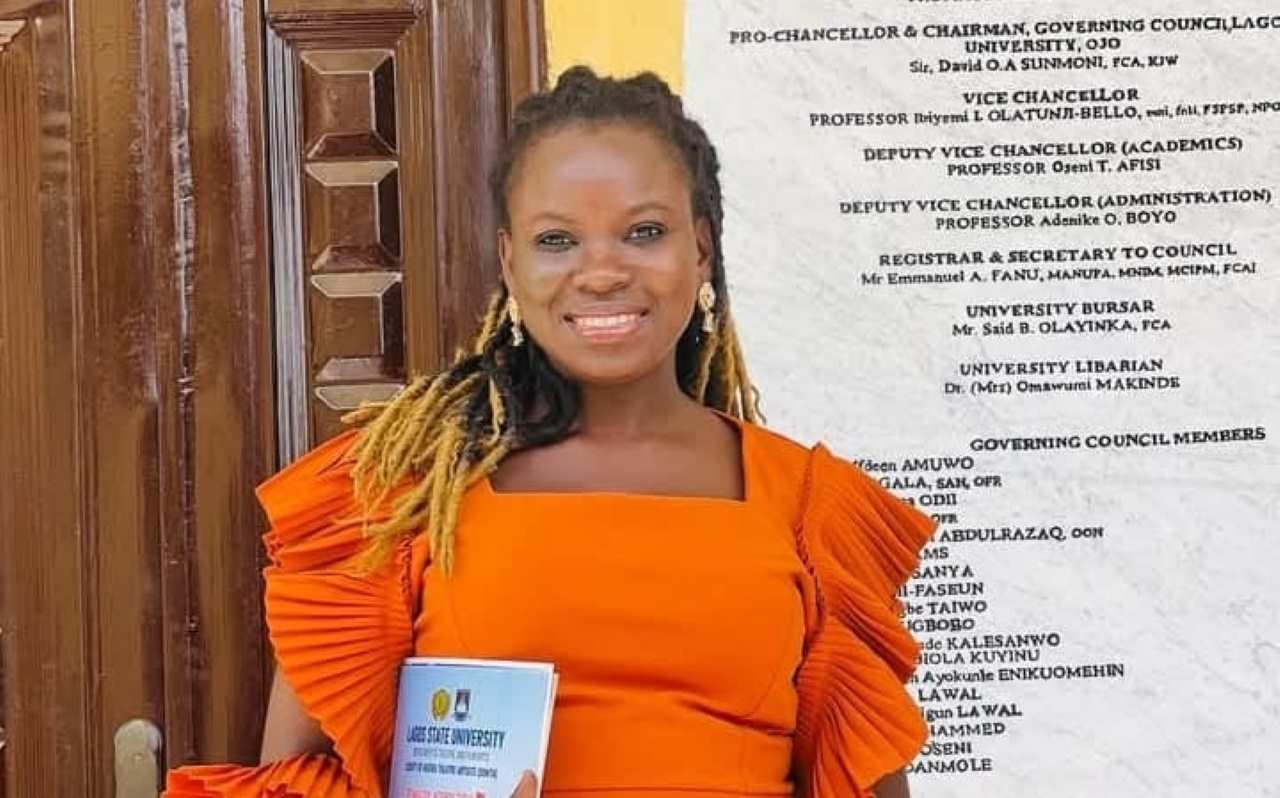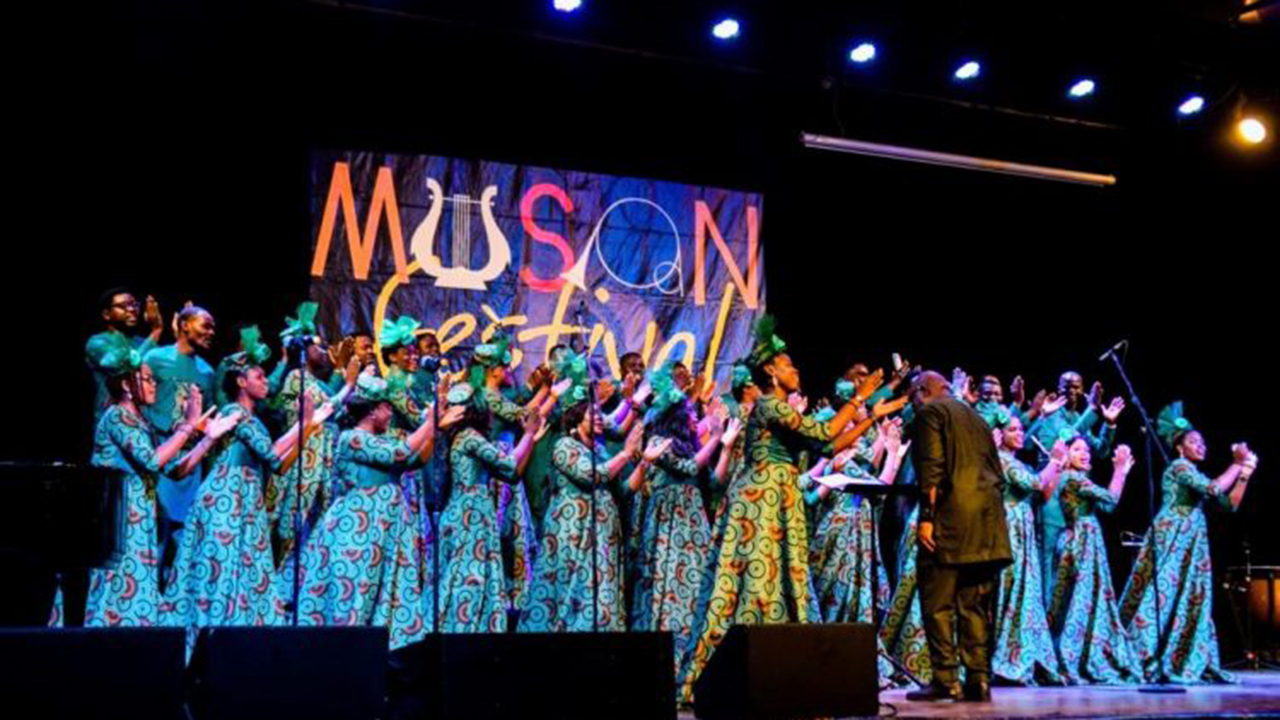In this interview with SAMUEL OSAZE, OMORDIA reflects on her first visit to Nigeria since becoming a professional concert pianist. She takes her readers on a voyage down memory lane on how far she has gone and her exploits of opportunities in the music industry.
Also, she offers a tip of her future plans for the development of the emerging Nigerian classical music. On March 4, she performed a solo Piano Recital to a full Agip Recital Hall that fell under the spell of her dexterous touches. She also had a Master Class with students from MUSON School of Music on March 6 and rounded off on March 11 with Liszt-Piano Concerto No. 1 in E flat major, with MUSON Symphony Orchestra, directed by Walter-Michael Vollhardt.
Amazing was the knack with which she performed difficult classical tunes. In this chat, she speaks about her exceptional skills being the result of many years of diligent and steadfast commitment to her craft. OMORDIA has maintained a disciplined lifestyle that befits her career. For a long time, she subjected herself to a seven-hour daily rehearsal on the keyboard consistently. It is this level of dedication that delivers the breathtaking skills that those who attended the March 4 Piano Recital had the pleasure to savour deligently. 
You just finished performing a Solo Piano Recital and it appeared your first encounter with the Nigerian music audience. How was the experience of being here for the first time in your country?
I felt very welcome. I got a warm reception from the Nigerian audience. And it was a great experience, a very special moment for me in my career.
How did your musical career begin?
I started learning the piano professionally when I was seven because I went to a specialist music school and was trained to be a pianist right from the beginning. From the first years, I took part in competitions, performed in concerts and even appeared on national television.
Because of my dedication to playing and practicing, my parents supported what later became a passion. I attended the Romanian National Music University in Bucharest, where I graduated in music and piano performance and then received scholarship to study in England where I have built a career in the past 10 years as a pianist.
Quite recently, I received a scholarship to write my PhD thesis at the National University of Bucharest. At the moment, I am commuting the two countries.
About four years ago, Tunde Jegede was appointed artistic director of MUSON Centre. He espoused the idea of African classical music. What is your view about this musical evolution?
I am a promoter of the Nigerian classical music, which has come a long way. Basically, I have been doing my bits in sharing it with my U.K. audience at my performances in London on different occasions, especially at the African Union’s 50th Anniversary Concert.
As a matter of fact, I have just recorded a CD of piano music by Nigerian composers due for release on March 30th titled Ekele.
It is a greeting from the Africa to the European audience and it includes works by Ayo Bankole, Fred Onovwerosuoke and Christian Onyeji.
These are classical composers of Nigerian background. The CD is already having a successful reception in the U.K. and has been featured in the BBC Music Magazine, which will be repeated in April. It has been featured as well in BBC Radio 3 and Classic Community Magazine and on Classic FM Radio in London.
In general terms, is the African classical at par with its European counterpart? Doesn’t it still unsettle Europeans when such expression is used?
Well, African classical music is completely new to the western world. Nigerian classical music came about in 1934 with Fela Sowande, who studied in London. Other young composers at the time followed suit.
So, that is how we have Ayo Bankole, Akin Euba, Samuel Ekpe Akpabot and the new generation of young Nigerian composers, who studied abroad and moved back to Nigeria.
They incorporated in their music idioms and lore of the African music while writing it in a classical, western style. For the U.K. audience, the notion of an African classical is completely new but they are very interested in anything that is breaking the borders of classical music which is already at a territory that has been overused, overhauled and over-listened to.
Because of the rhythms of the melodies that each composer exploits in his own tribal melody like Ayo Bankole did Yoruba music, Christian Onyeji did in Igbo music and Fred Onovwerosuoke, born in Ghana to Nigerian parents, travelled all over Africa and gathered materials from every country and integrated the tunes in his book Twenty-four Studies in Africa Rhythms.
That is how each study features songs and dances from all the countries he visited. Such things are of huge interest to the European audience and they are really showing more interest in African classical music these days.
For instance, I had a concert recently in London where about 90 per cent of the music was drawn from the European classicals. Somehow, I included Ayo Bankole—Piano Sonata No. 2 at the end even though I had played a lot of very difficult piano repertoires.
The audience came up to me and said, ‘we really enjoyed Ayo Bankole—Piano Sonata and are looking forward to hearing the CD.’ I must say it came off to them as very fresh and exotic, quite unlike what they have been accustomed to over the years. I think this is the time to make this music known to the western audience.
Going by your exposition, it seems the African Classical is, after all, an offshoot of the west’s. True?
Exactly. The basis of composing the African classical music is in the format of the European standard composition. The shape is the European style. The melodies and rhythms are the spices that make the African classical music innovative.
For instance, in the first movement of Ayo Bankole— Piano Sonata No. 2, the second theme is the traditional Yoruba song and people from this tribe will find it easy to recognise the tunes.
Also, it is a good opportunity to introduce African classical music to European audience and also to introduce African culture to the same audience because they go pari passu.
Can classical music virtuosos like you attempt to bring about a completely independent African classical music that would be composed strictly on African parameters or is this an impossible feat to attain?
I suppose if that happens it wouldn’t be called classical music anymore but contemporary African music and there are composers who are doing that already.
Fred Onovwerosuoke travelled across Africa and down to his Nigerian root. You are from Delta State likewise. Are there plans in view to replicate
what Fred did?
I am an interpreter, a pianist and not a composer. I have arranged music before but I think that would be something to look into in the future, probably gathering materials from Delta and arranging it. I will certainly look at that in the future. Project of this nature helps to document cultural values.
Within the few days you have stayed in Lagos, have you gone out for sightseeing?
I went to Elegushi Beach a few days ago and that was my second visit to the beautiful seaside. I really love it because it is the experience of the Atlantic Ocean. In Europe, we have sea. Yeah.
So, you don’t get the reflex and you are not thinking twice to get into water. Here, the experience is different. Everything about Africa is unique. How happy they are in the way they express themselves! We are talking about something positive here.
The experience is 70 per cent stronger than Europe’s. This reflects in the weather and temperament is more authentic and without pretense.
How responsive were the students in the master-class you held with the students?
The class was very interesting. I really enjoyed teaching them. (Cackles with laughter) They found my teaching insightful and felt they could get a lot from it.
From my point of view, there is so much potential in Nigeria, especially among the MUSON students I came in contact with. They are so intelligent. They can reach any goal they set their minds on probably with more discipline in practice or rather on how efficient they practice.
The music is so natural in them and they are very receptive to anything you teach them. Just that on their personal level, they would have to do more discipline and constant work. My coming here is the beginning of future collaborations, which I see as the first encounter of many.
[ad unit=2]





